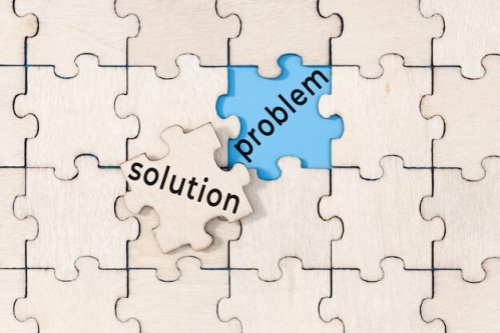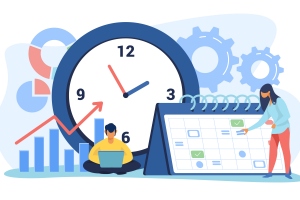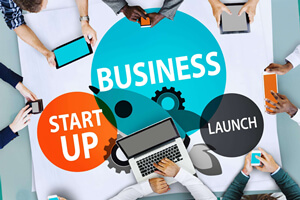Hello and welcome back to the Skills 360 podcast. I’m your host, Tim Simmons, and today we’re going to take a look at solving problems. Our focus in this lesson will be on the skills you need to solve problems.
Can you imagine a day without a single problem? Not likely, right? Problems are a fact of life, and work. And in business, you’ll be judged less on your ability to avoid problems than on your ability to solve them. Fortunately, you can learn to enhance your problem-solving ability. And that starts with understanding the fundamental skills we use when tackling tough problems.
First are analytical skills. Resist the urge to start throwing out suggestions to see what sticks, and spend some time studying the problem first. What caused it? Why did the problem arise in the first place? Can the problem be broken down into different parts? These are all questions you should be asking so that you can understand the problem better.
Analyzing a problem requires critical thinking. Critical thinking enables you to understand connections between events and outcomes. It involves analyzing information, prioritizing, identifying patterns, and untangling complex cause and effect relationships. And the better your critical thinking skills are, the better problem-solver you’ll be.
Related to critical thinking is creativity, or thinking outside the box. It’s about looking at the problem from different perspectives. It’s also about asking open-ended questions that create opportunities for exploration. Paired with analytical abilities, creativity will create new pathways and understandings.
After all, as Albert Einstein said, you can’t solve a problem with the same kind of thinking that created it. Creativity allows us to avoid this issue and to step outside our cognitive ruts. It allows for generating many innovative possibilities before evaluating which one is best. And I think we’d all agree that Albert Einstein knows a thing or two about problem-solving.

Now, it’s all fine and dandy to think that analysis and creativity will lead us to the optimal solution. But there’s a lot of trial and error involved. And you’re not going to solve many problems if you can’t handle the inherent difficulties. That’s why you need resilience.
Resilience is the toughness, flexibility, and emotional calm that allows you to keep plugging away when the going gets tough. People who get frustrated very easily have a harder time with problems, especially gnarly ones. If you give up when your first idea doesn’t work, then you lack the resilience required to be an expert troubleshooter. Just imagine calling tech support and having the person on the other end of the line give up after one suggestion!
This brings me to the skill of collaboration. We rarely solve problems on our own. So we need to be able to communicate, to listen actively, and to be clear when we speak and write. Collaboration also requires a good deal of emotional intelligence.
Basically, this is the ability to understand what others are thinking, feeling, or experiencing.
Collaboration is easy when everything goes smoothly. But when there are problems, it gets more complicated. Problems can bring out the worst in many people. They might get defensive or feel threatened. And that’s when your communication skills and emotional intelligence will really come into play.
Now, there’s one more skill I want to mention, and it’s a critical one. All your hard work won’t count for much if you can’t make a decision. A lot of problem-solving gets stuck in what we call “analysis paralysis.” This happens when we never think we have enough information or confidence to pursue a certain solution.
So, to get out of this paralysis, we need to be decisive. That might mean you commit to what looks like the optimal solution given the circumstances. Or it means you help build consensus among a group of people for the optimal solution. Either way, as the decision-maker or consensus-builder, you need to push beyond the groan zone and take action.
Will every decision result in a successful solution? No. But even if it fails, at least you’ve learned one more thing that doesn’t work. And with the skills of analysis, creativity, resilience, collaboration, and decision-making, there’s a much better chance that it will work. Fortunately, you can develop these skills. And in our next lesson, we’ll look at a process you can apply these skills to so you can tackle even the toughest problems.
That’s all for today. So long. And see you again soon!














